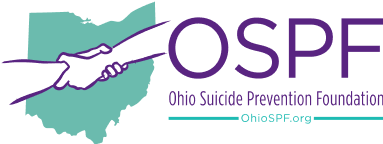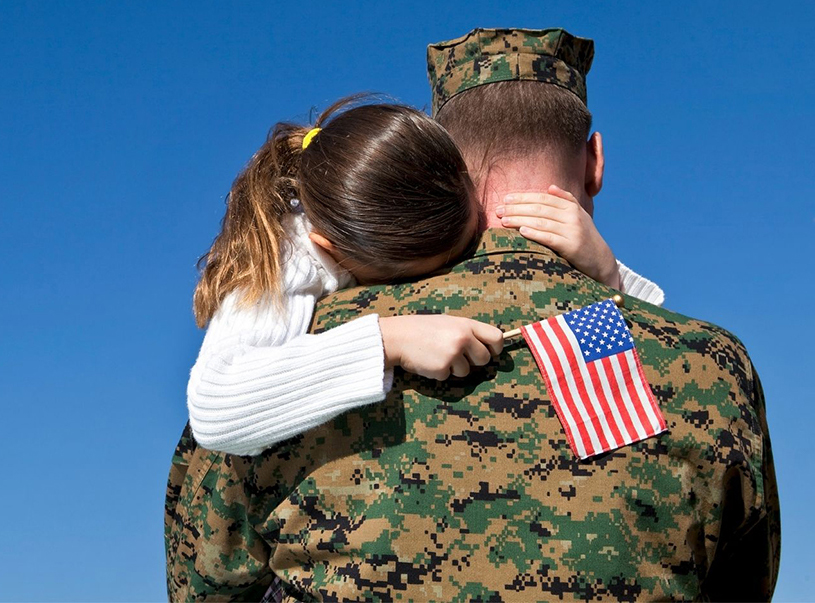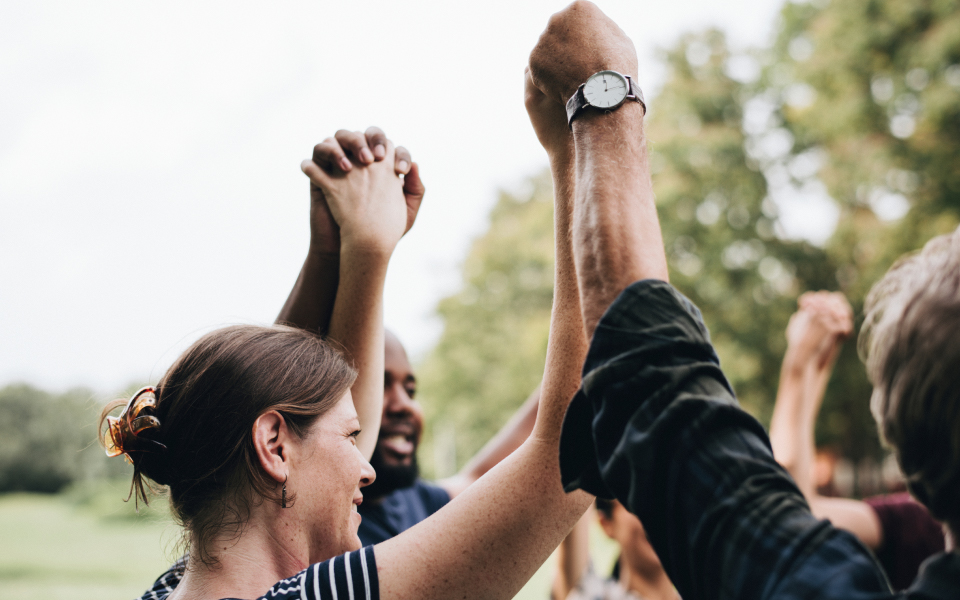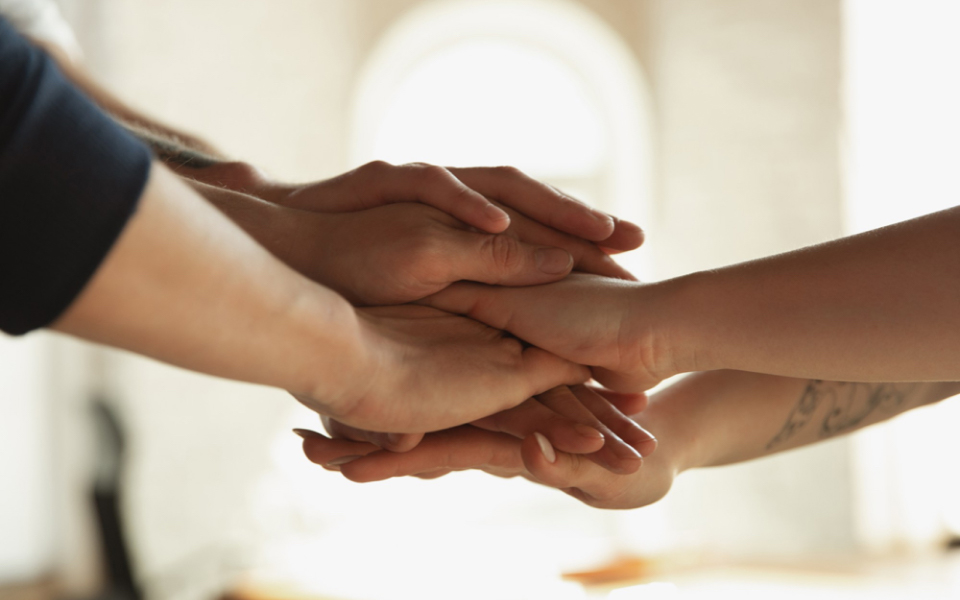Suicide among veterans is at a crisis level. Though we’ve come a long way in learning how to recognize the signs and what to do to help, we need to step up the effort to integrate suicide prevention practices within post-service culture, connect those in need to life-saving resources, and improve access to mental health care.
-
Suicide & Crisis Lifeline
- Donate




